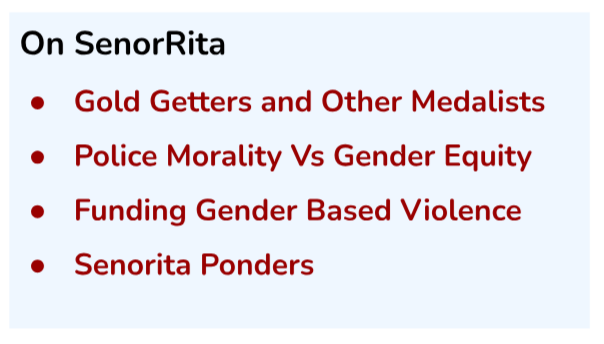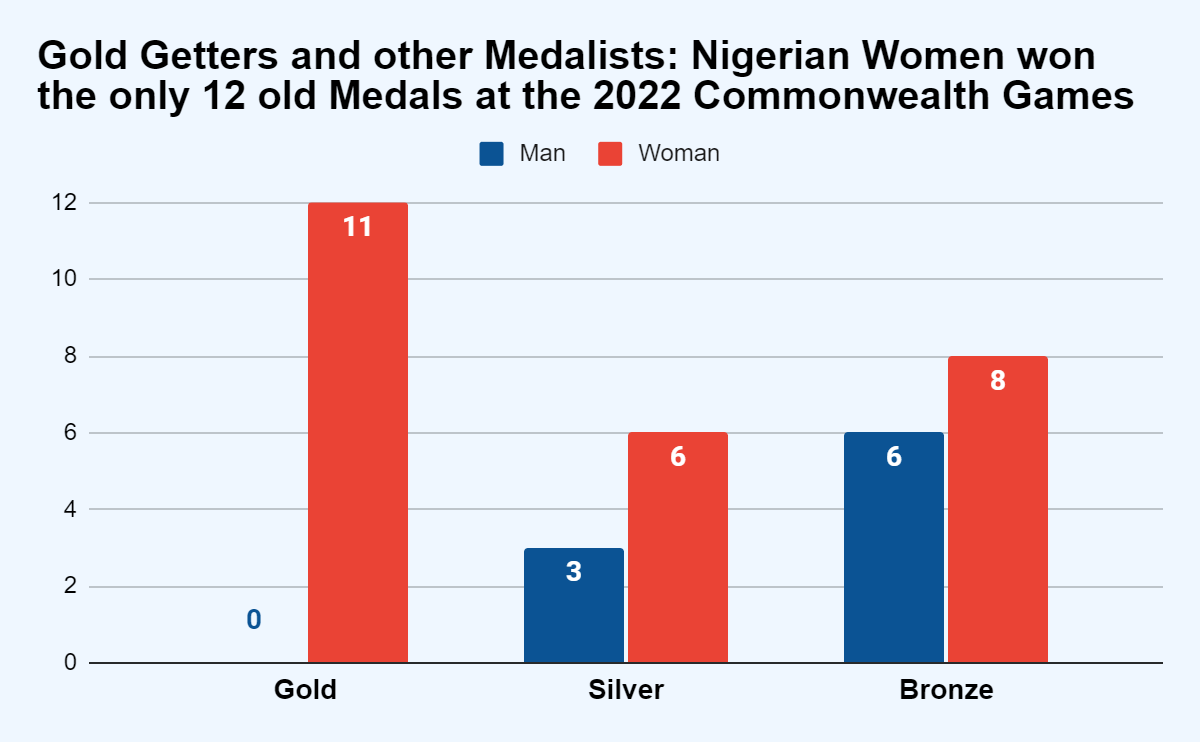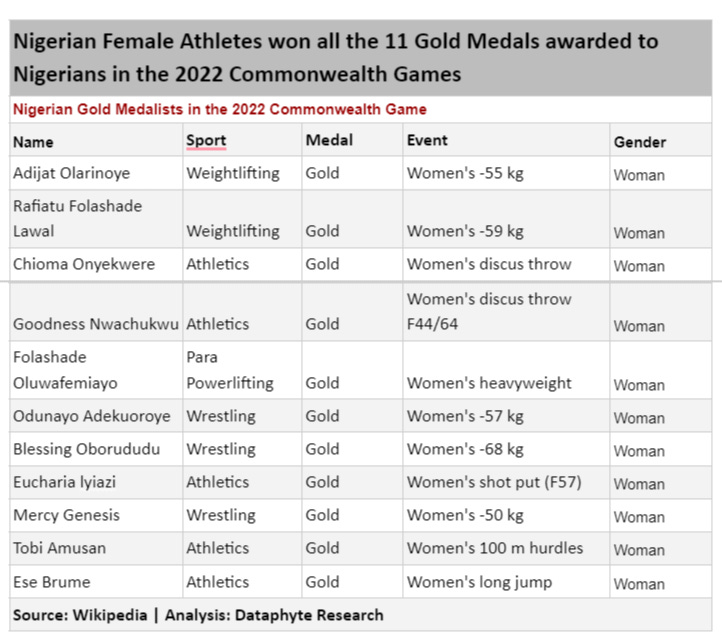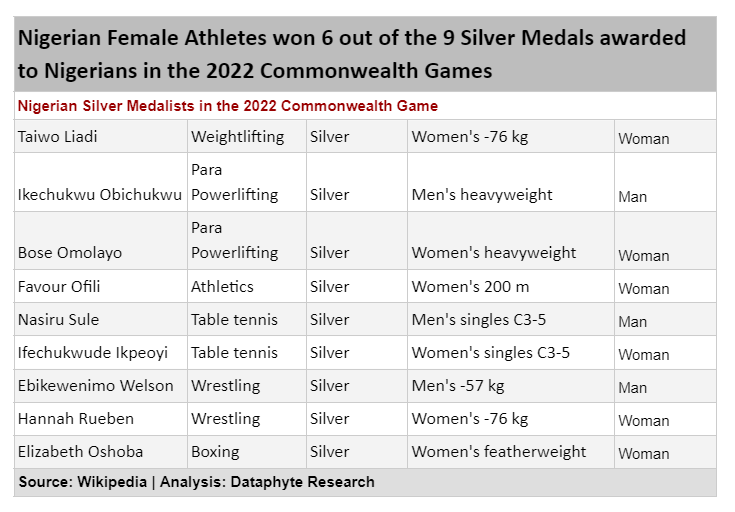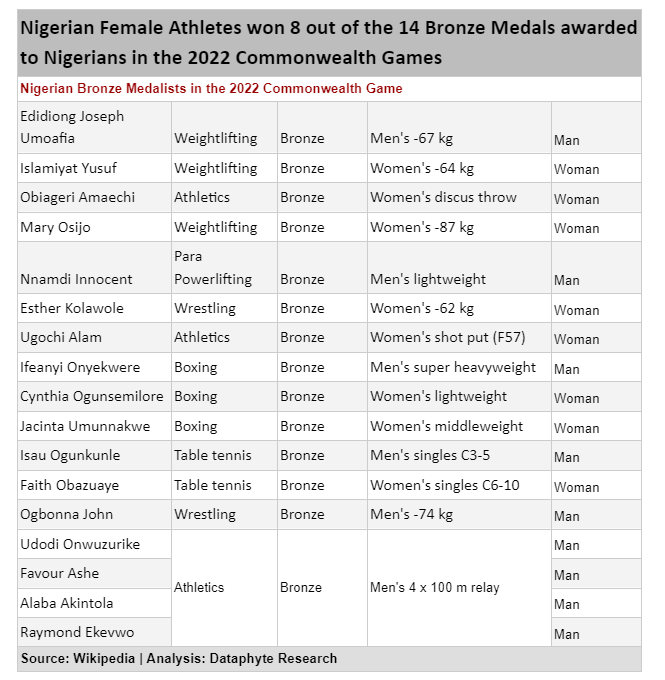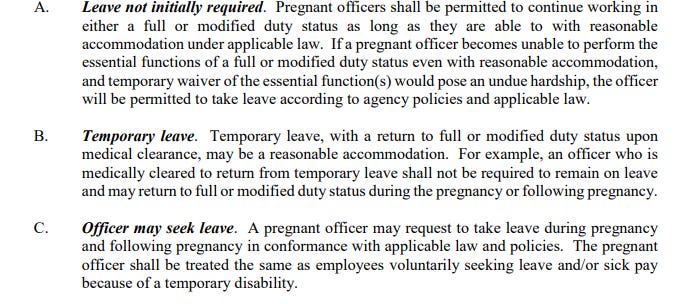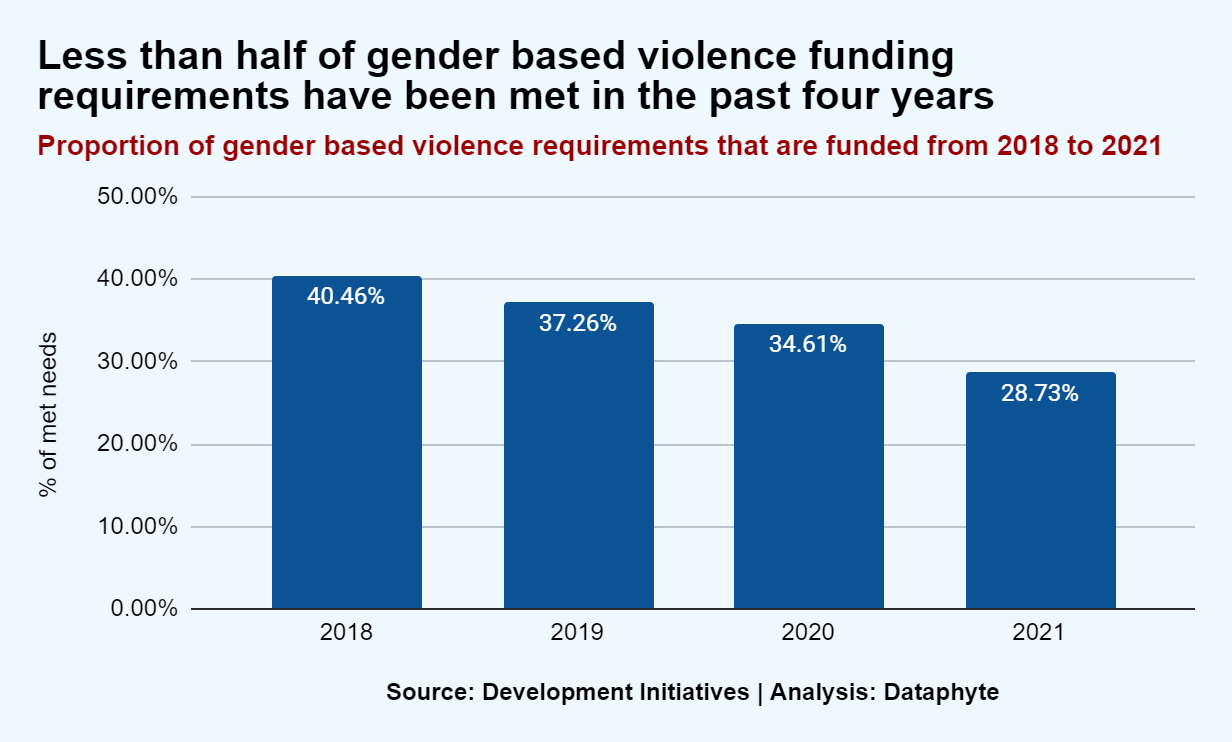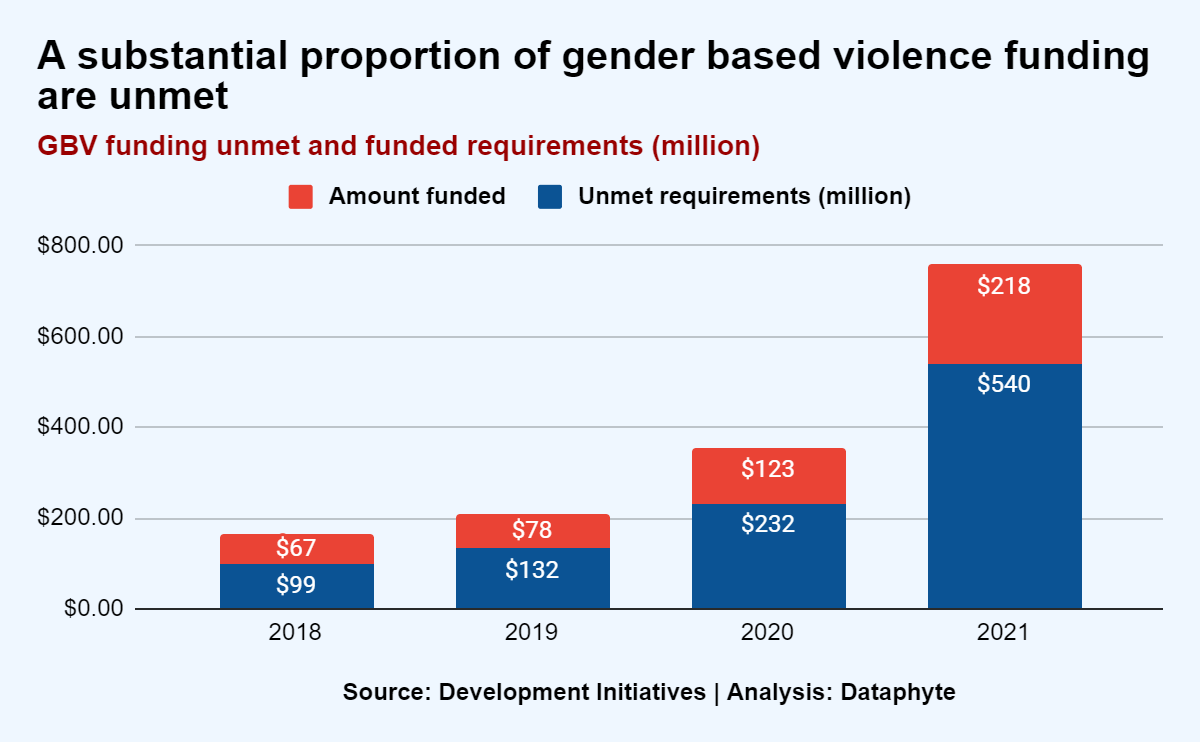Gold Getters and Other Medalists
Like the exploits of women producers in Nollywood, the sports industry in Nigeria could do well to leverage the comparative advantage Nigerian women have over men to build a formidable sports industry.
When given equal access and attention as men, women have brought higher returns on public investment in sports at the national level.
Even though it's only January 2024, Tobi Amusan, a 26-year-old female athlete, has already broken Gloria Alozie's 25-year-old indoor 60-meter hurdles record on January 27, 2024, setting an African record, as she smashed Alozie's 25-year-old record of 7.82 seconds during the 1999 Madrid Championship, with a time of 7.77 seconds at the Astana Indoor Meet in Kazakhstan.
With female athletes continuously showcasing their abilities on the international scene, Tobi Amusan’s win reminds the world of the remarkable performance of female athletes at the 2022 Commonwealth Game, where the 26-year-old retained the 100-meter hurdles championship she had won in the Gold Coast, Australia, four years earlier, with a new personal best time of 12.30 seconds.
She and other women were the only ones who won the 11 gold medals for Nigeria. No man won a gold medal.
The gold medals were awarded in various sports, showcasing the versatility and skills of the female Nigerian competitors.
The medals were earned in weightlifting, athletics, para powerlifting, and wrestling.
Women also won the country more silver medals: 6 from women and 3 from men.
And they led the men with more bronze medals too: women won 8 games while men won 6 games.
In 2023, Amusan went through some ups and downs. The Athletics Integrity Unit (AIU) accused her of "missing three tests in 12 months," leading to a temporary ban.
She arrived barely three days before the 2023 World Athletics Championships tournament began therefore, she was unable to defend her World Championship title in Hungary, ending in sixth place.
The 26-year-old stormed to her latest victory in the 60m hurdles final ahead of American Nia Ali, a two-time world indoor champion and world 100 metres hurdles record holder and Ireland’s Sarah Lavin, who finished fifth at the European Championships in Munich 2022 and improved her outdoor national record to 12.62 at the World Championships in Budapest 2023.
Cheers to Tobi Amusan, our Woman. Cheers to more access and inclusion of the girl child and women in sports!
Police Morality Vs Gender Equity
A single pregnant female police officer is a sight Nigerians might never see.
In Nigeria, a single, that is, unmarried, pregnant female police officer is a sight that can never be seen. This is so because a female Nigerian police officer is dismissed from the Nigerian
police force once she falls pregnant.
This is listed in Regulation 127 of the police acts, which states that “An unmarried woman police officer who becomes pregnant shall be discharged from the Force, and shall not be re-enlisted except with the approval of the Inspector-General.”
It’s okay for certain institutions to have a code of ethics governing their staff that is different from that of the general public.
Regulation 137 of the Police Act is not against female policemen being pregnant. It is against unmarried woman police officers. So, it is not about the physical fitness of the officer but about the marital status of the pregnant.
This kind of police morality is deeply amoral because it stems from a deeper moral injustice and inconsistency.
The police act could attempt to require a higher morality from its officers if it states: “an unmarried police officer who becomes an expectant parent (an expectant father or an expectant mother), shall be discharged from the Force, and shall not be re-enlisted except with the approval of the Inspector-General.”
What the law demands is not a moral high ground from its officers but a direct assault against the female police officer’s equal standing with her male counterpart before the law.
Borrow a Best Practice
The New Jersey Attorney General Guidelines protocols for pregnant officers do not only have a guideline for pregnant officers, but it also has no clause which states the dismissal of a pregnant unmarried officer.
Bodies like the Nigerian Bar Association (NBA) and the National Industrial Court of Nigeria (NICN) have kicked against this law, which is part of the Nigerian police act and is intended to have a significant impact on how the Nigerian Police Force (NPF) operates and is conducted. The NBA saw this regulation as "a law that conflicts with the 1999 constitution (as amended) and discriminates against an unmarried female police officer."
In one seminal ruling, the NICN declared that the law “violates article 2 of the African Charter on Human and Peoples Rights Ratification and Enforcement Act, which abolished discrimination on the basis of gender, and section 42 of the (Nigerian) constitution.”
It is important to remember that when the Nigerian Police Act was drafted in 1943, at a time discrimination and gender disparity in the workplace were not considered serious problems or taken into account. This identifies the necessity for Nigeria to amend all of its legal system to conform to the 1999 constitution, which guarantees equality for men and women in the eyes of the law.
Gender-Based Violence
Besides the occupational and mental violence that the Nigerian Police Act may visit on women, there is also the physical violence that women suffer at the hands of men.
Yet, over the last four years, less than half of the funding requirements for eradicating gender-based violence have really been committed to it.
Gender-based violence (GBV) is a global problem that has impacted civilisations for millennia.
Despite growing knowledge and advocacy on the need to address GBV, funding for relevant programmes against the fight against GBV declined alarmingly between 2018 and 2021.
40.5% of the needs that were identified in 2018 were satisfied. But after that, there was a steady downturn, and by 2021, just 28.7% of GBV funding requirements were satisfied.
Over the past four years, the overall need for combating GBV and the quantity of humanitarian financing for GBV requirements have grown.
Even though overall funding for GBV has increased over the last four years, the increase in funding lags behind the increasing demand for GBV needs. Thus, the proportion of GBV funding needs that are not met has increased.
Initiatives to reduce violence against women and marginalised genders are made less successful when funding for programmes that address gender-based violence declines.
The execution of community awareness initiatives, survivor support programmes, and preventative measures is hampered by a lack of finances.
In addition to endangering the lives and health of people whom GBV directly impacts, this also undercuts more general initiatives to build inclusive, violent-free communities.
Data reveals a persistent decline in the percentage of needs for addressing gender-based violence requirements that were satisfied over the course of the four-year period.
GBV has the lowest allocation among all gender-relevant funding
The UN and government stepped up their assistance for humanitarian assistance that takes gender-related activities into account between 2018 and 2021. The total amount of humanitarian aid granted for gender-relevant reasons increased by 137% between 2018 and 2021.
Gender-relevant humanitarian funding is allocated to three gender-specific categories, two of which are gender-mainstreamed and the other being gender-specific funding related to gender-based violence.
Out of the three categories, the least amount of money allocated to gender-relevant humanitarian efforts is directed towards gender-based violence.
A considerable disparity in the percentage of funds allotted to various gender-related categories is shown by the data below. Funding for GBV constituted just 0.3% of the total gender-related funding in 2018, but funding for other gender-specific initiatives received 0.8% and money for gender mainstreaming received 0.7%.
Despite incremental increases over the years, GBV funding consistently lags behind, reaching only 0.83% in 2021, compared to 1.29% for other gender-specific initiatives and 1.77% for gender-mainstreamed funding.
There are various reasons that can lead to a decrease in funding for programs that tackle gender-based violence. This might happen due to changes in priorities within donor organizations, global emergencies, or financial challenges. Being a significant problem that impacts communities across the globe, gender-based violence requires adequate financing for prevention and support programs.
SenorRita Ponders🤔
So Nigerian Law authorises a husband to beat his wife to correct her if he feels she’s done wrong. They said it is engraved in section 55 of Nigeria’s penal code. Is it true?
Thanks for Reading this edition of SenorRita. See you next time!
This edition of Senorita was composed by Khadijat Kareem. It was edited by Oluseyi Olufemi.



